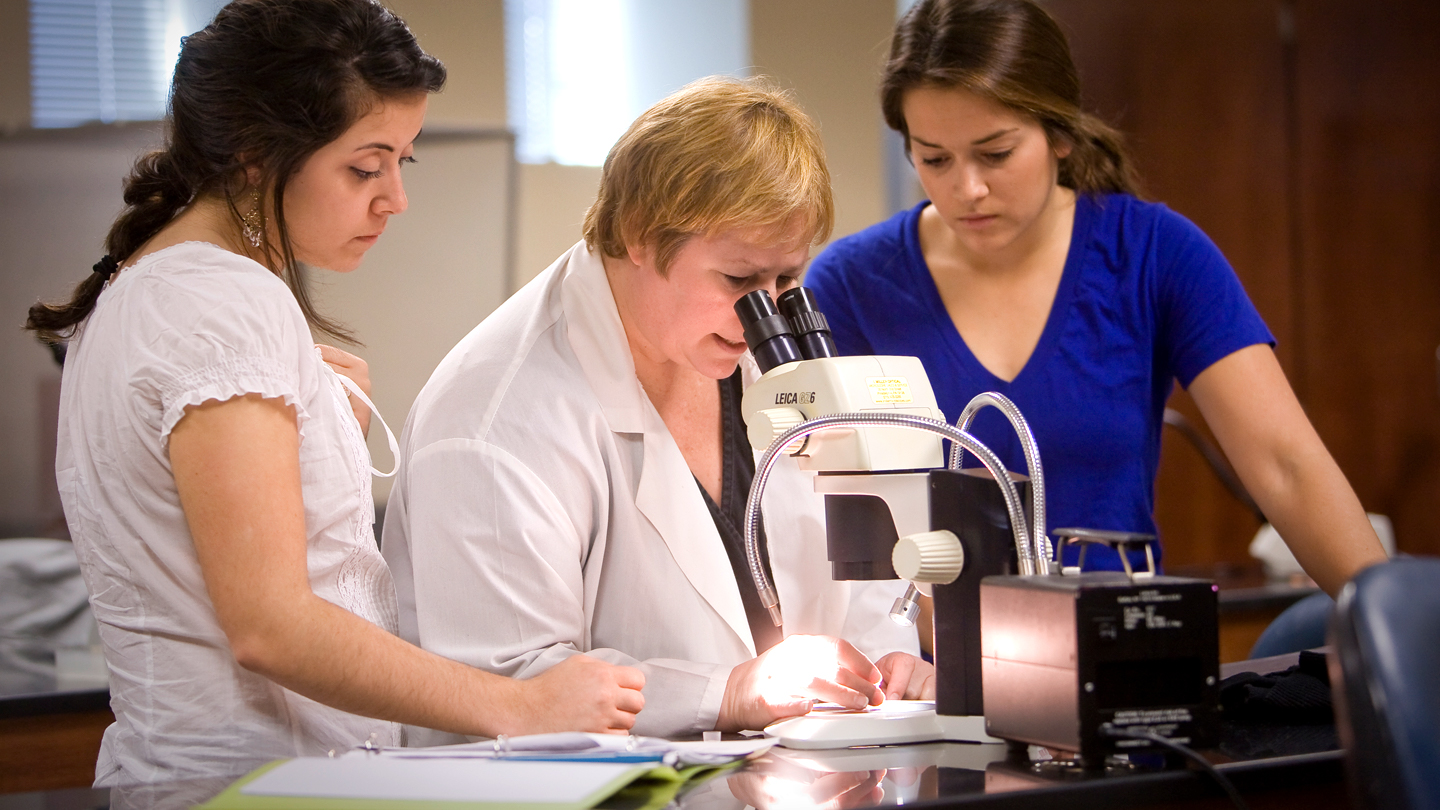Program
The bachelor of science program helps students understand nervous systems from a variety of scientific perspectives.
Hands-on learning opportunities are emphasized through laboratory courses and undergraduate research experiences. Although not required, students are encouraged to pursue independent study, advanced research, or honors.
Requirements
In addition to the Common Course of study, the major consists of 15 courses distributed among foundation, core and elective courses. Foundation courses include BIOL 112, CHEM 107, 108, 221, PSYC 110, 120; Core courses include NEUR 201, NEUR 256, NEUR 323, NEUR 401; and five electives from the approved list: BIOL 213, 214, 251, 255, 310, 314, CHEM 351, CM 151, NEUR 205, 255, 265, 275, 351, 353, 355; PHIL 225, PSYC 203, 225, 232, 256, 321, 322; one semester of neuroscience research (NEUR 391/392, 491/492, 495/496) may be used as an elective. Neuroscience majors may not minor in psychology or biology and may not seek a second major (A.B. or B.S.) in either biology or psychology.
Getting Involved in Research at Lafayette
The most important step in starting your research experience is to discuss your interests with a faculty member from the Neuroscience Program. Ideally, you should seek out the faculty member whose research work is most similar to your own interests. Don’t be dissuaded if you cannot pinpoint your exact area of interest; any faculty member from the Neuroscience Program will be happy to talk with you and help you explore what type of research would be best for you. A faculty member may request that you enroll in a specific upper-level course to ensure that your motivation is genuine, that you have an essential base of information, and to acquaint you with some fundamental laboratory techniques.

Prof. Elaine R Reynolds teaches a lab in Oechsle where students use microscopes to work with leech ganglia.
The chair of the neuroscience program approves your pursuit of research. Once you and the faculty member have agreed to work together, you will begin to explicitly define the research project. The first, critical step is to conduct an extensive literature search. Your specific obligations will be determined by the nature of the project, but we expect students to be reliable, enthusiastic, and hard-working, and to appreciate the ethical and moral responsibilities that come with research. As a general guideline, you should plan on spending 10 hours a week working on your research project.
Requirements And Schedule for Honors Thesis
Click on the above link for additional information about honors in neuroscience